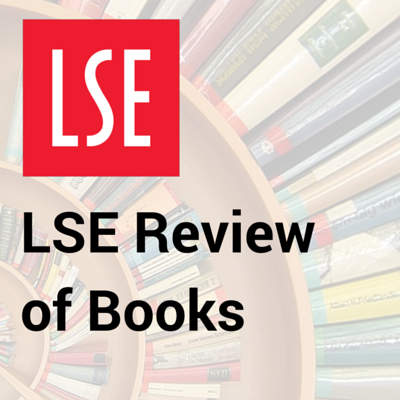 500 words from is an occasional series in which writers talk about their newly-published books.
500 words from is an occasional series in which writers talk about their newly-published books.San Francisco-based Kaitlin Solimine has been a U.S. Department of State Fulbright Creative Fellow in China. She has received several scholarships, awards, and residencies for her writing, which has appeared in a range of publications from the Wall Street Journal, to China Daily. She here talks about her debut novel, Empire of Glass - the Center for Fiction, a New York-based organization devoted to promoting fiction, has longlisted it for their 2017 first novel prize.
Empire of Glass explores recent changes in China through the lens of one family's experiences. In the mid-1990s, an American teenager, named Lao K in Chinese, must decide whether to help her Chinese homestay mother, Li-Ming, who is dying of cancer, in ending her life. Twenty years later, Lao K receives a book written by Li-Ming called Empire of Glass; it chronicles the lives of Li-Ming and her husband, Wang, in pre- and post-revolutionary China over the second half of the twentieth century. Lao K begins translating Empire of Glass. But, as translator, how can she separate fact from fiction, and what will be her own role be in the book?
So, over to Kaitlin…





